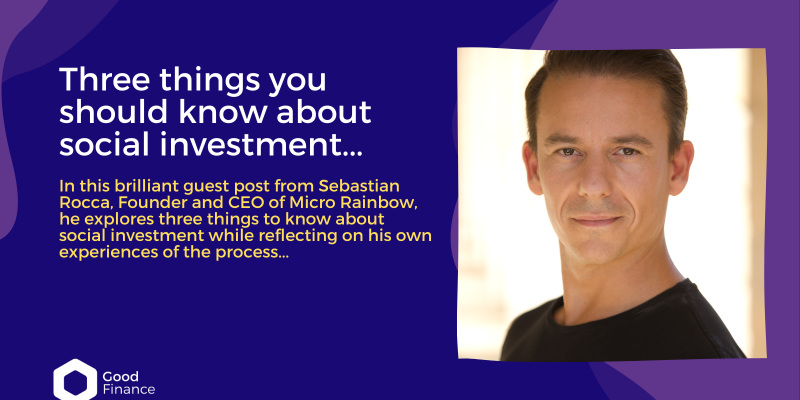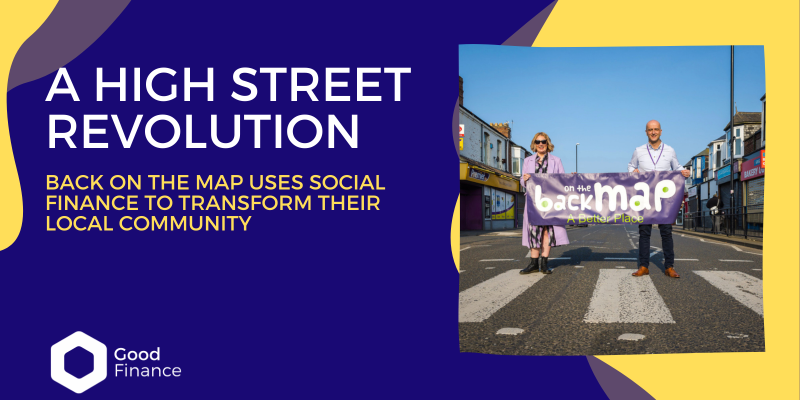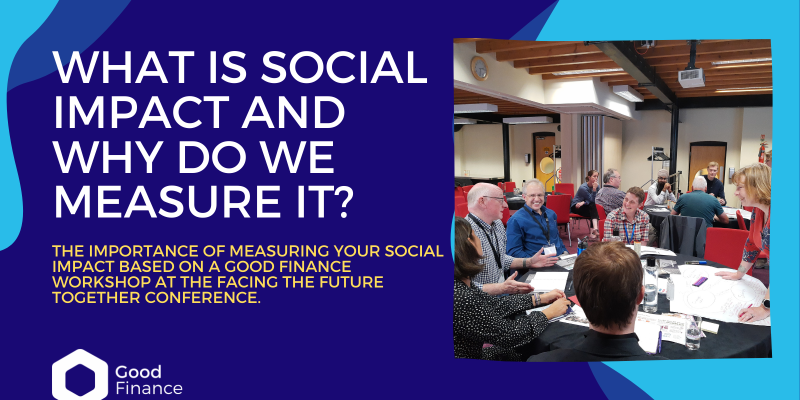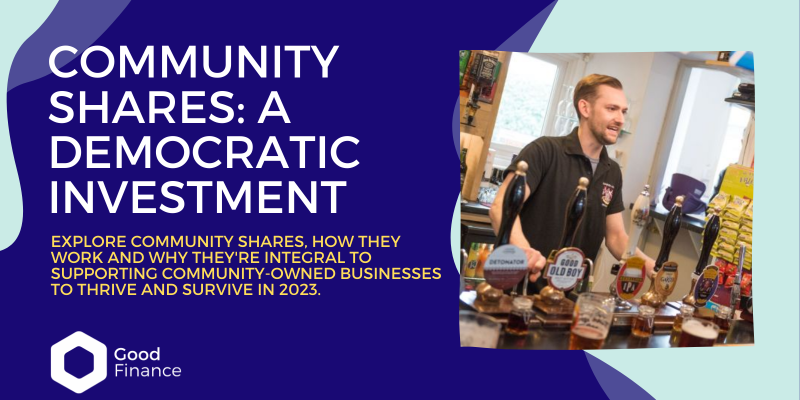As the COVID-19 crisis evolves, so do social impact organisations. Some have ceased trading. Others have tailored their offering to support people through new products or moving activities online. Some are using this enforced ‘downtime’ to inwardly reflect and develop strategies.
Whatever your situation during these turbulent times, Henna Patel from School for Social Entrepreneurs has rounded up some key coping strategies to help you navigate a changing world.
Look after your mental health
Lockdown can leave you feeling anxious or overwhelmed. However, there are practical ways to help you regain agency over your mental health. Blurt Foundation’s The Coronavirus Helpful Hub shares tips on how to set digital boundaries, limit the news, and more. Mindfulness and meditation app Headspace has extended their free offering to include a ‘Weathering the storm’ bundle – worth a try when you need some peace and quiet. You can find more tips on how to take care of your mind during lockdown in this NHS article.
Create an online community
Running a social impact project can be a lonely journey. At the School for Social Entrepreneurs (SSE), we get this. That’s why we bring our programme participants together in cohorts, to form a face-to-face support network.
In light of physical distancing, we’ve brought our social entrepreneurs together to create a virtual community. They now share ideas, worries and inspirations online. This ‘new normal’ is an adjustment, but it can be done!
Useful resources to help you stay connected online:
- Zoom offers helpful tips on setting up virtual, no-cost meetings online
- Social enterprise Exceptional Individuals share tips on working from home with autism, ADHD, dyslexia, and dyspraxia
- Hubbub share ways to help employees work from home
There’s lots more tips and support for connectivity and remote working in the Good Finance Resource Hub
Team up
Physical distancing may be a barrier to social interaction, but it hasn’t stopped social entrepreneurs from joining forces to help their communities. Liverpool-based SSE fellows Paul Myers (Greens for Good) and Daniel Robinson (Agile Liverpool) have set up a home delivery service of fresh, locally-grown vegetables. Agile Liverpool’s e-cargo bikes deliver the Greens for Good produce to vulnerable people isolated across the city.
Kenny Mammarella-D’Cruz, founder of MenSpeak men’s groups and MenFacilitate facilitator trainings, has teamed up with the RSA to further develop and disseminate virtual community circles for men focussing on their mental health. These sessions give them the space to “check-in and get real, rather than lash out and get messy”, says Kenny. “Numbers have dramatically grown thanks to publicity from collaborations with the RSA.”
Who could you partner with to help you weather the storm? Which other organisations could complement your work and mission? You can listen to more stories from charities and social enterprises via Good Finance podcasts.
Communication is key
As you adapt what you do, you’ll need to communicate changes to your stakeholders. Be mindful of people’s states of mind in your comms. Keep things clear and concise. “Don’t dwell on the crisis itself,” advises Sophie Hobson, head of communications at SSE. “And avoid making promises you can’t keep, such as: ‘We expect to re-open in the summer’. None of us know when lockdown will lift or what will happen after, so avoid committing to timelines that are out of your control. “The best you can do is let people know when they’ll hear from you next. And if possible, open the door for them to contact you if they have questions.”
It’s important to also let any existing funders you work with (social investors, grant providers or banks) know how you’re doing. The majority of funders are striving to be as supportive as possible, and transparent communication with them is key. Read more about this in the open letter from social investors.
If the coronavirus pandemic crept up on you before you could create a crisis comms plan, don’t fear – CharityComms’ Best Practice Guide is one to check out, you can also find more support on communicating during a crisis in Good Finance’s Resource Hub.
Build wellbeing into your daily routine
Looking after yourself and those around you is crucial during a crisis, but can easily slip when you have a lot on your plate. Carve out time in your day to focus on your wellbeing, share resources and connect with others. This time should be your foundation, your springboard, where you can apply some of the solutions above. By making time for wellbeing, you will brave this storm, and you will come out more resilient.
Looking for more advice and resources to help social enterprises and charities weather the storm? The Good Finance resource hub is being updated regularly, as well as the School for Social Entrepreneurs’ coronavirus resource hub.
Henna Patel is communications coordinator at the School for Social Entrepreneurs. Stay connected with her @hennadp and @SchSocEnt.







